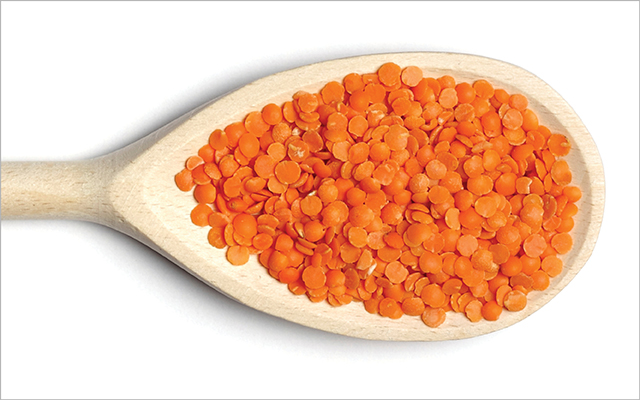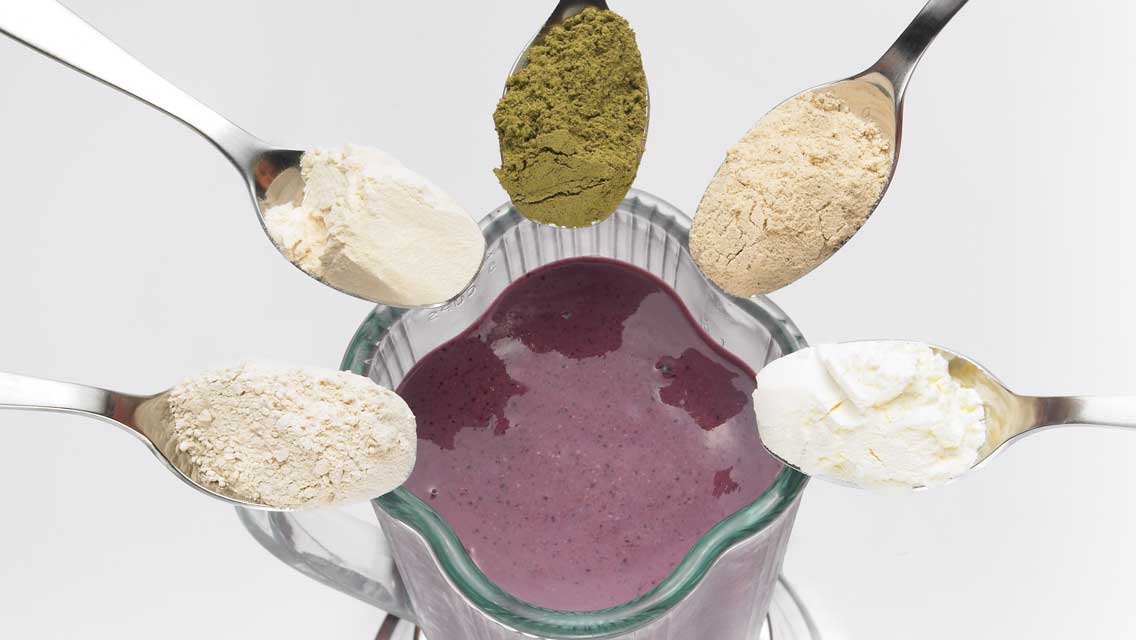Since 2010 the USDA has recommended that adults over 18 eat 0.36 grams of protein per pound of body weight daily, which works out to roughly 55 grams of protein for a 150-pound person.
But that amount may be too low for most active people, according to a 2015 study by a team of researchers in Canada and Texas, published in Applied Physiology, Nutrition, and Metabolism.
The new “indicator amino acid oxidation” test, or IAAO, shows that we need as much as 40 percent more protein than the old “nitrogen balance” test indicated. Indeed, following the government recommendations may leave many of us well short on protein.
“What is different now is the availability of new and modern techniques to measure protein needs directly in humans, and our state-of-the-art technique has shown that current recommendations are indeed too low,” says Rajavel Elango, PhD, a nutrition and metabolism researcher at the University of British Columbia.
Your daily protein needs depend on your age and activity level, among other factors. The International Society of Sports Nutrition offers the following guidelines:
• Active adults playing sports: 0.64 to 0.77 grams of protein per pound of body weight per day, or 95 to 116 grams of protein for a 150-pound person
• Active adults doing strength/power exercises: 0.73 to 0.91 grams of protein per pound of body weight per day, or 110 to 137 grams of protein for a 150-pound person
In addition to quantity, Elango notes that it’s also important to consider when we eat protein. Many people load up on it in their evening meals, but that imbalance may reduce its ability to promote muscle health. Eating moderate amounts of high-quality protein regularly throughout the day helps build and preserve lean body mass as we age.
“Protein in every meal is important while keeping the total calories in moderation,” he says.
For guidance about what a healthy serving of protein looks like — for cooked meat, it would be a piece about the size of a deck of cards — see “Protein Power: What You Need to Know“.




This Post Has 0 Comments